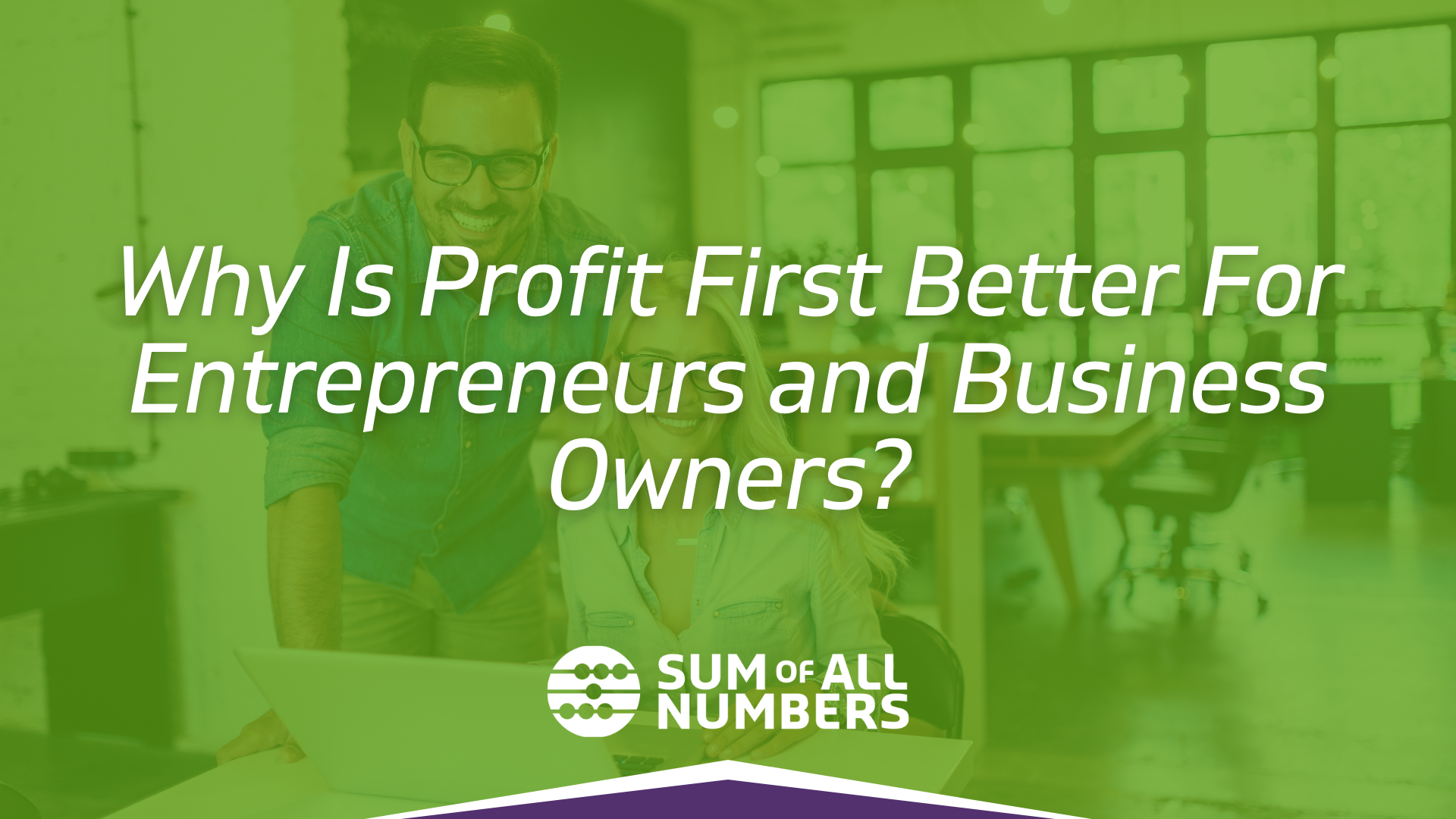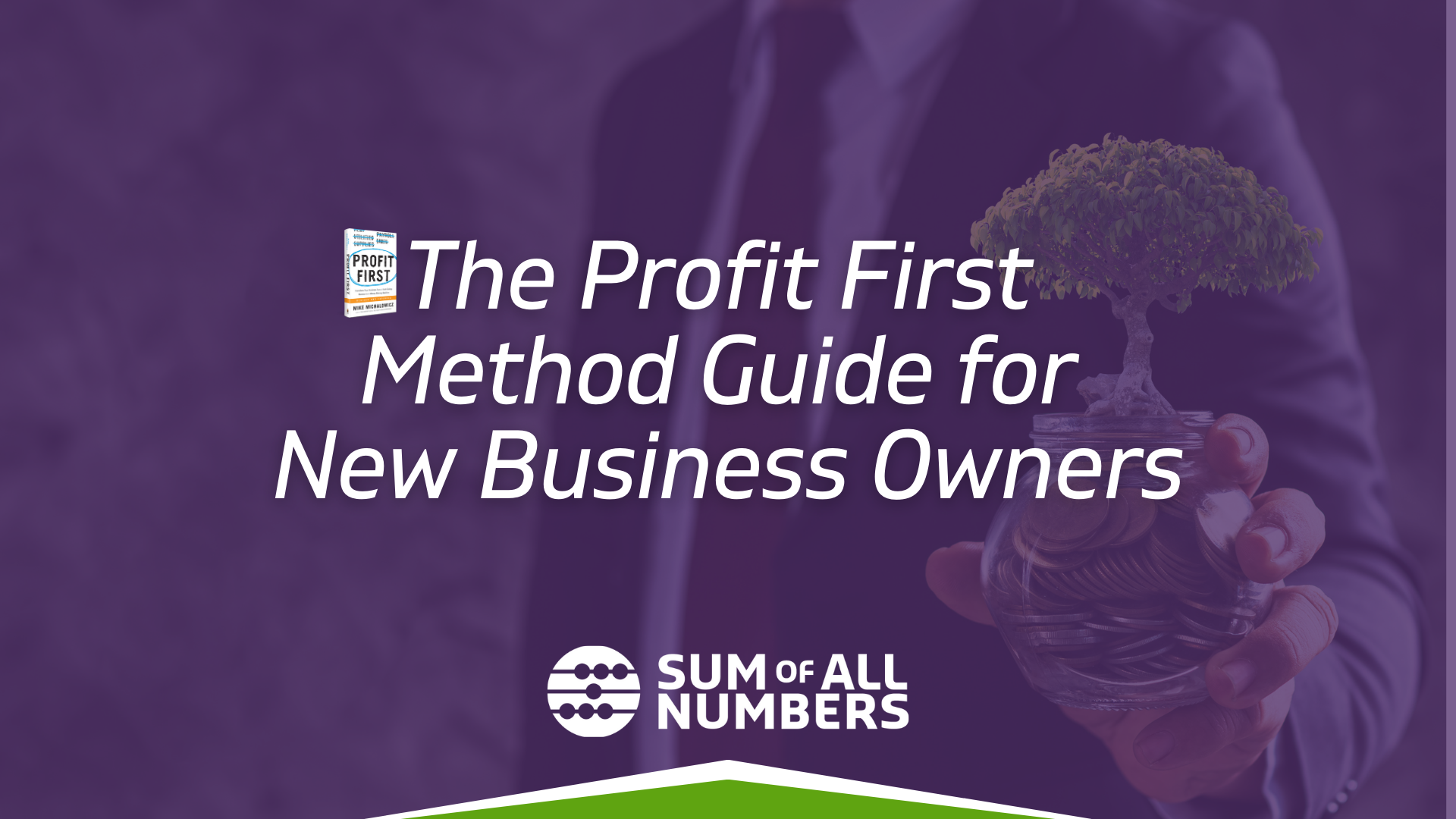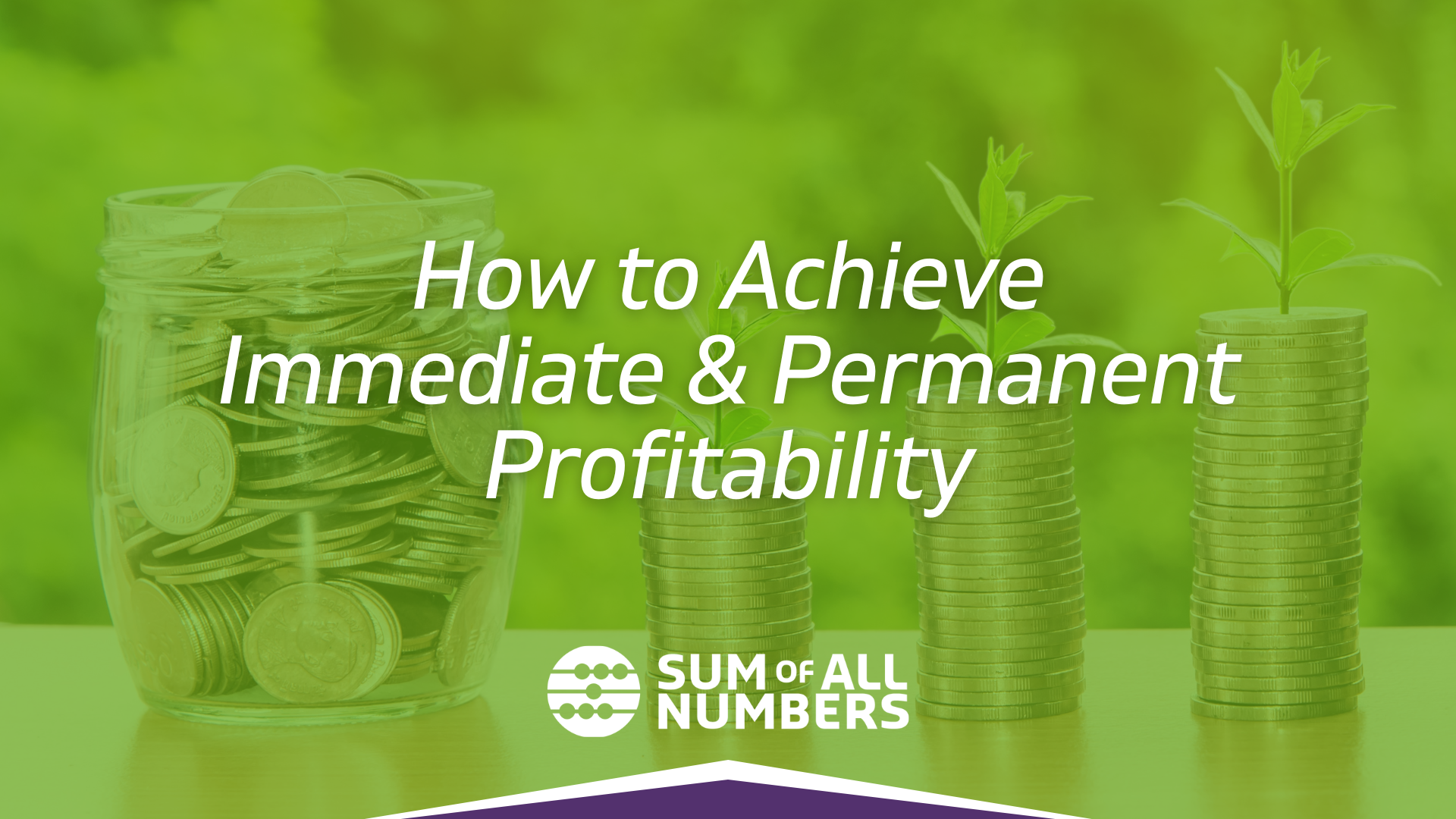Why is it that no matter how well we do in business, for some reason, we don’t seem to make as much as we think we ought to? You might have noticed this while running your business: sure, sales are great, but you also have a lot more expenses now from your operations. This prompted author and angel investor Mike Michalowicz to come up with the best-selling book Profit First: Transform Your Business from a Cash-Eating Monster to a Money-Making Machine.
Michalowicz posits that the biggest source of entrepreneurial stress is the lack of cash reserves.
Profit First is better for entrepreneurs because it leverages how we, as business owners behave when it comes to managing our finances. By consciously setting aside our profit first, we’re now encouraged to better work within our means.
By working lean, we’re also encouraged to get more creative, be more resourceful, and perform a lot more efficiently.
The Profit First system has been instrumental in Michalowicz’s own success, having helped in eradicating his own financial struggles. Today, 175,000 companies have similarly implemented his trademark approach to business.
Mike Michalowicz’s Story
“There’s a formula for profit. And there’s a formula for wealth. It’s actually the exact same formula and it works perfectly… until the moment doesn’t work.”
At a recent TED Talk, Mike Michalowicz shared the story behind Profit First. He would grow a couple of million-dollar companies and then sell them (and make a small fortune by doing so). After a string of bad business ventures (and bad life decisions), he had lost it all.
It was at the lowest point of his life when he realized that the formula for financial success he had been following all along is a broken formula.
Generally accepted accounting principles– or GAAP– describe profit as ‘what remains after expenses are subtracted from revenue’. A simple transposition, Mike suggests, extracting an owner’s profit before paying expenses, can help entrepreneurs to avoid making the same mistakes.
The Power of Parkinson’s Law
Parkinson’s law is the adage that “work expands so as to fill the time available for its completion.” In other words, when a resource is made available, we consume it all.
“If we have four hours to get a project done,” Michalowicz explained, “miraculously you will do it in four hours. But when you’re given four days or four weeks, it will take four days or four weeks! That’s the power of Parkinson’s Law.”
Under the more traditional ways of GAAP, the formula to success looks like this:
Sales – Expenses = Profit
This is the formula most entrepreneurs and business owners use: sell as much as you can, incur expenses to support those sales, and then you have profit.
In this system, profit is a leftover; an afterthought. “I look at my bank account every single day and see how much sales (have) accumulated,” shares Michalowicz, referring to the time when he operated his business just like everyone else.
“And then I would see what bills had piled up that I could pay…for my sales and pay the expenses that’s what the formula says and then I’d look for the leftover profit.”
Michalowicz then pointed out that this is where the problem is for most companies. With big profits come big expenses– some of which might even be frivolous or unnecessary. And this is why a lot of business owners are left holding a smaller bag of profit than they had anticipated.
The traditional formula for generating profit, he explains, while logical, doesn’t really account for Parkinson’s Law.

The “Small Plates” Principle
Michalowicz continues with his TED Talk by introducing what he calls the “small plates” principle. “The average plate size in America say has more than doubled from what it was in the 1700s,” he explains. Hence, our tendency to be a lot more overweight, because we simply just ate more with larger servings of food.
“George Washington was ripped not because he worked out so much, (but rather) the reason is they had smaller plates,” he posited. “And over time, plate (sizes) have increased. And our behavior is to see what’s on the plate and consume it all.”
“And that’s what this formula teaches us,” said Michalowicz, referring to the traditional GAAP formula. “To see what’s in our account and consume it all. See what’s in our account and consume it all until there’s nothing left.”
This is where he now introduces the concept of Profit First.
Profit First, Explained
“What if today, every time you made a sale and that check came into your bank account, you first took your profit and reserve that away? Michalowicz asked the audience.
“What would happen now is your expenses would become a smaller plate,” he continued to explain. So on one hand, even with less funds available, we’d still “continue our behavior of consuming it all”. But now, this “smaller plate” “will force us to.. become (more) innovative. We’ll go back to our entrepreneurial, innovative roots and find how to get things done with the smaller expenses if we take our profit first.”
The Profit First method is really simple: every time money comes in from sales, take a predetermined percentage of that money as profit. Now, of course, there are a few more steps than just that. But even with that simple first step– that step of taking your profit first– you will become permanently profitable.
Profit is not an event. Profit is a habit. This was the same realization that Mike Michalowicz had years ago that turned things around for him.
Today, he continues to practice and teach the insights he has learned as an entrepreneur and as a best-selling author. “You can’t make money as a business author,” he shared. “(But) I’m happy to say last year was my most profitable year in my entire life regardless of all my businesses because I used smaller plates.”
A Final Word
“If logic works, every person in this room will be rich,” Michalowicz pointed out. The solution might be simple: spend less than you make. But the reality is ‘we don’t do it. And I’m here to say that’s okay. And I’m also here to say that we have to exploit our behavior.”
“We have to leverage how we naturally behave,” he said, concluding his TED Talk. “Starting today, put your profit first. Always.”
—
Mike Michalowicz is the CEO of Provendus Group, a consulting firm that ignites explosive growth in companies that have plateaued. He is a former small business columnist for The Wall Street Journal; is MSNBC’s business make-over expert; is a keynote speaker on entrepreneurship; and is the author of the cult classic book, The Toilet Paper Entrepreneur. His newest book, The Pumpkin Plan has already been called “the next E-myth!”




